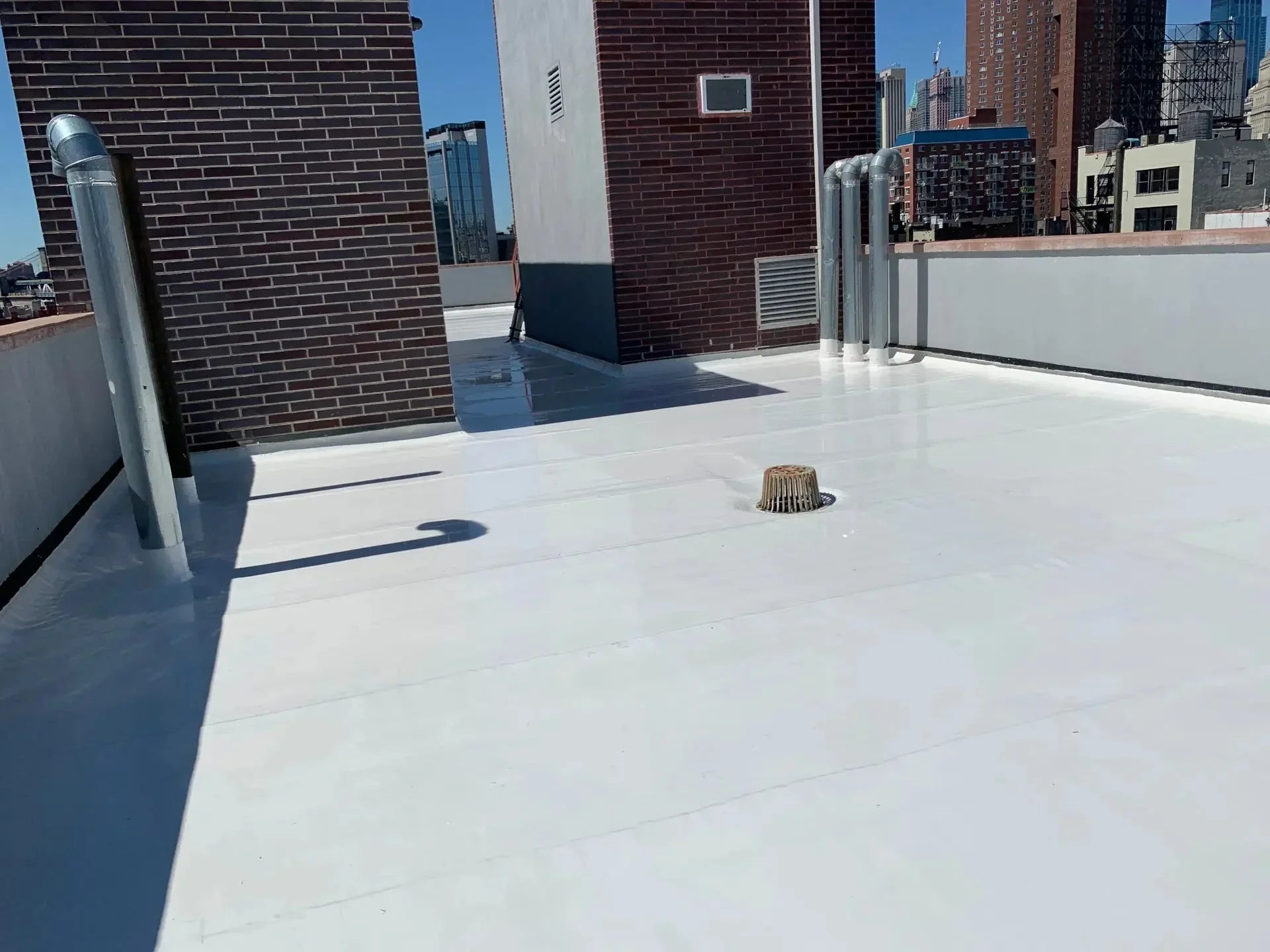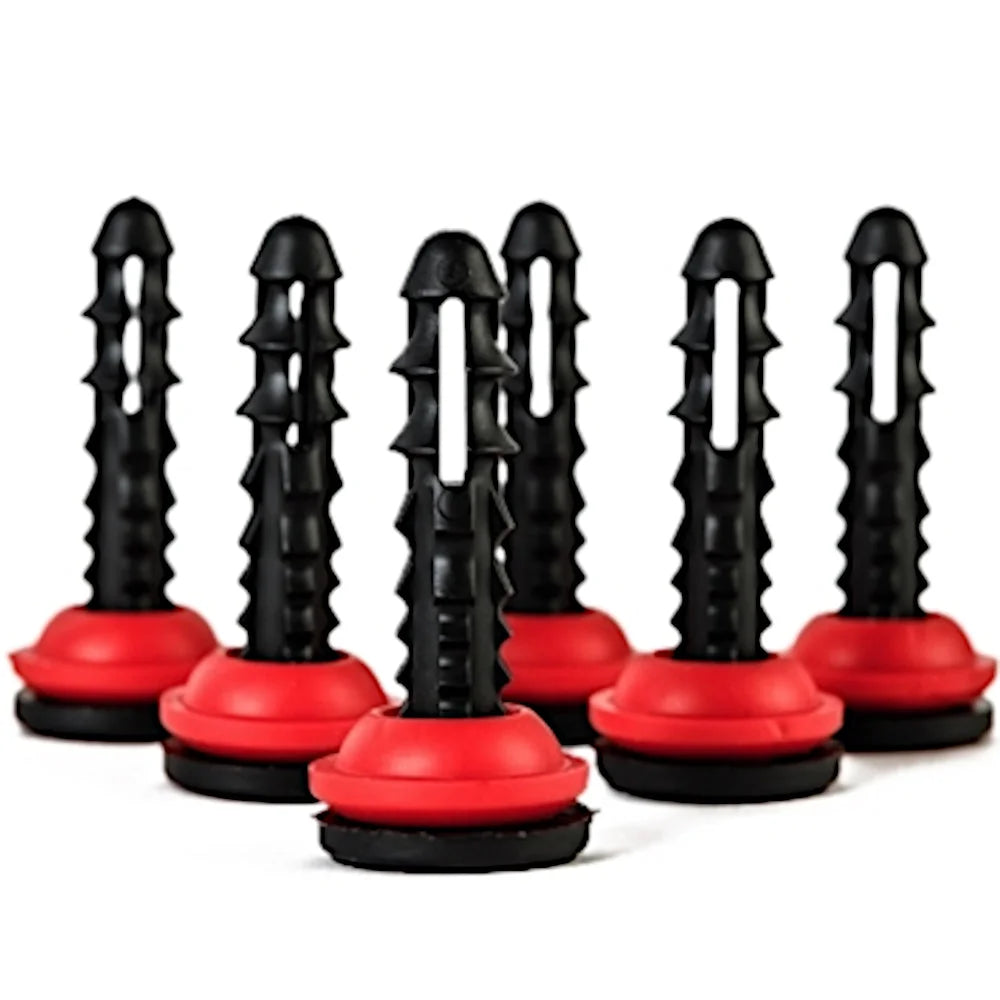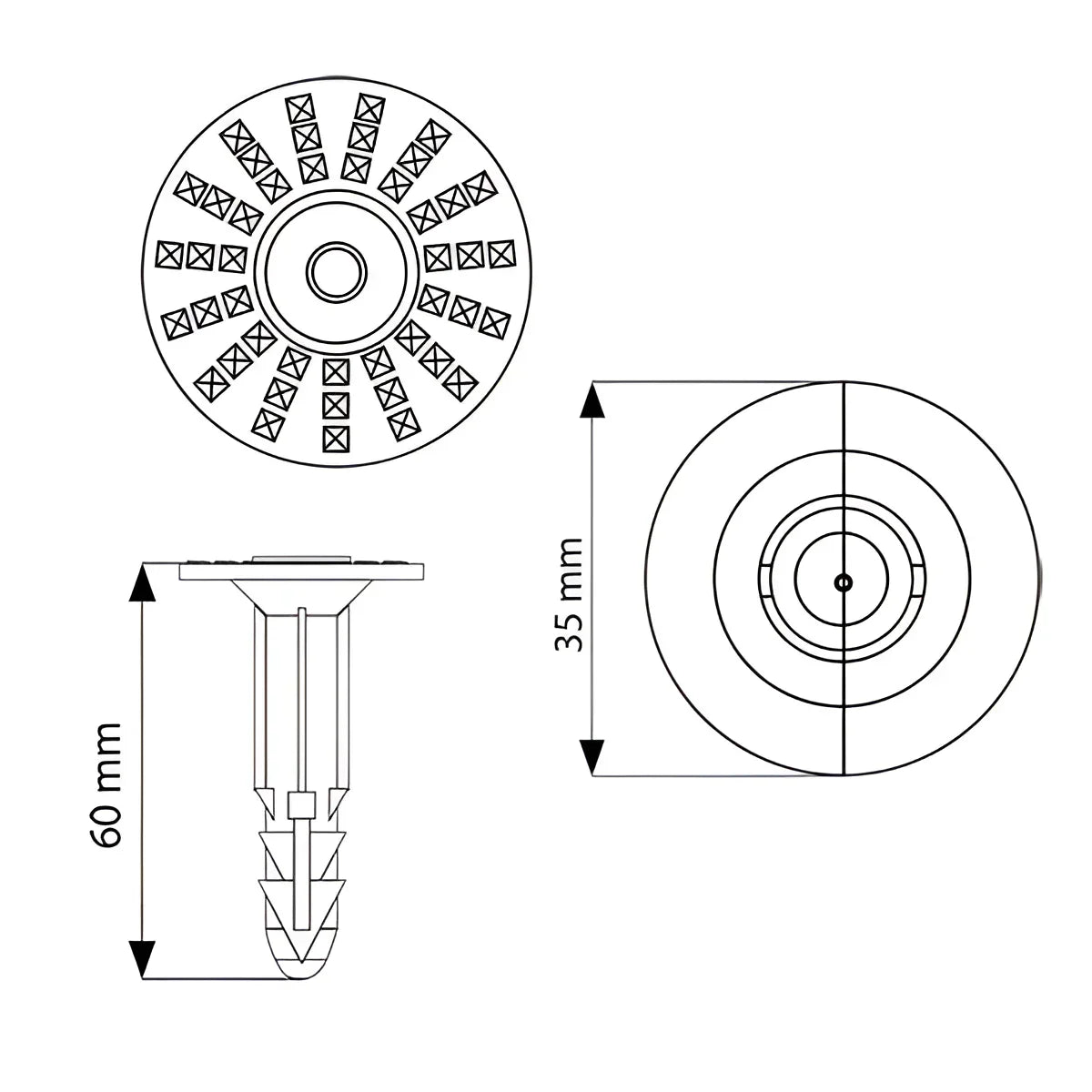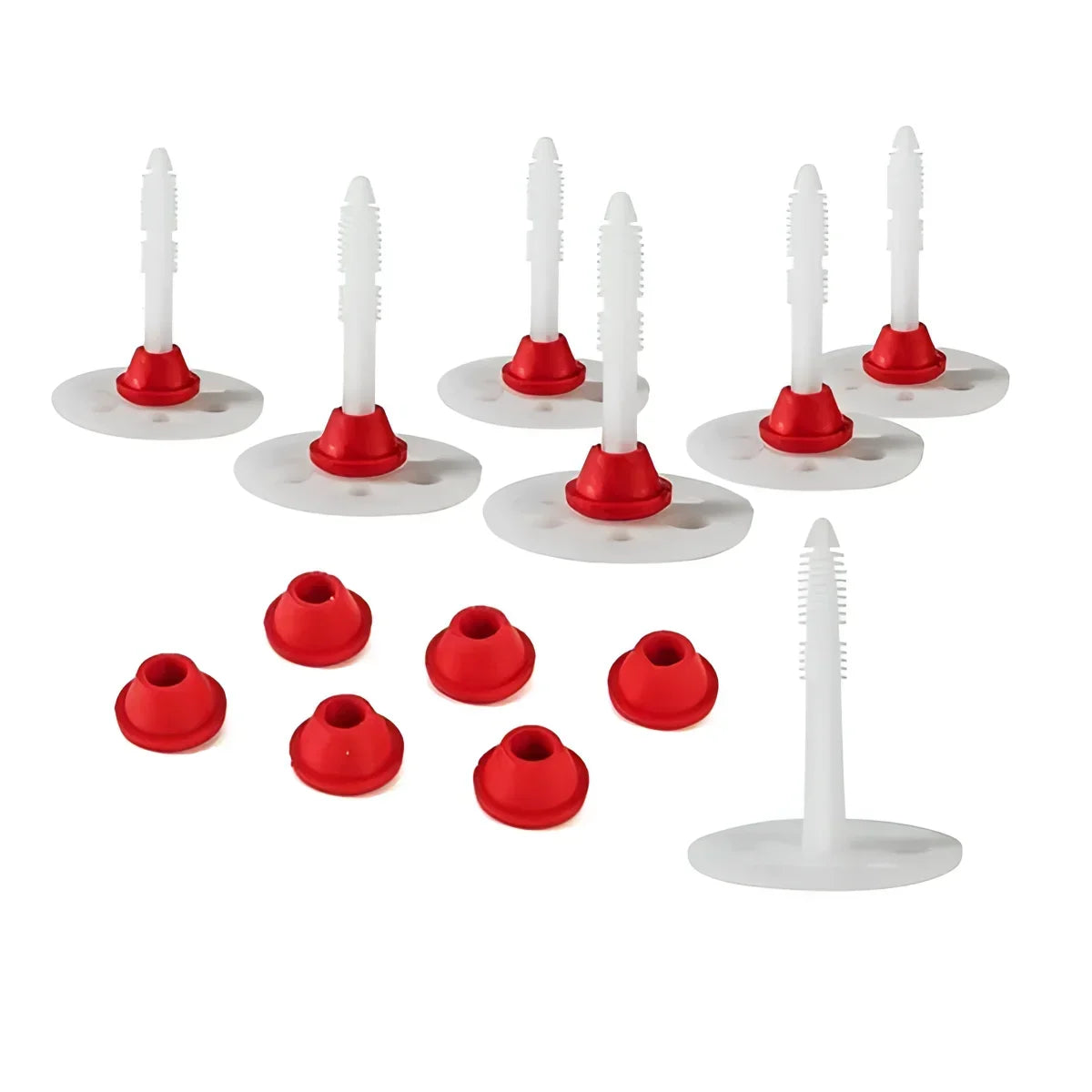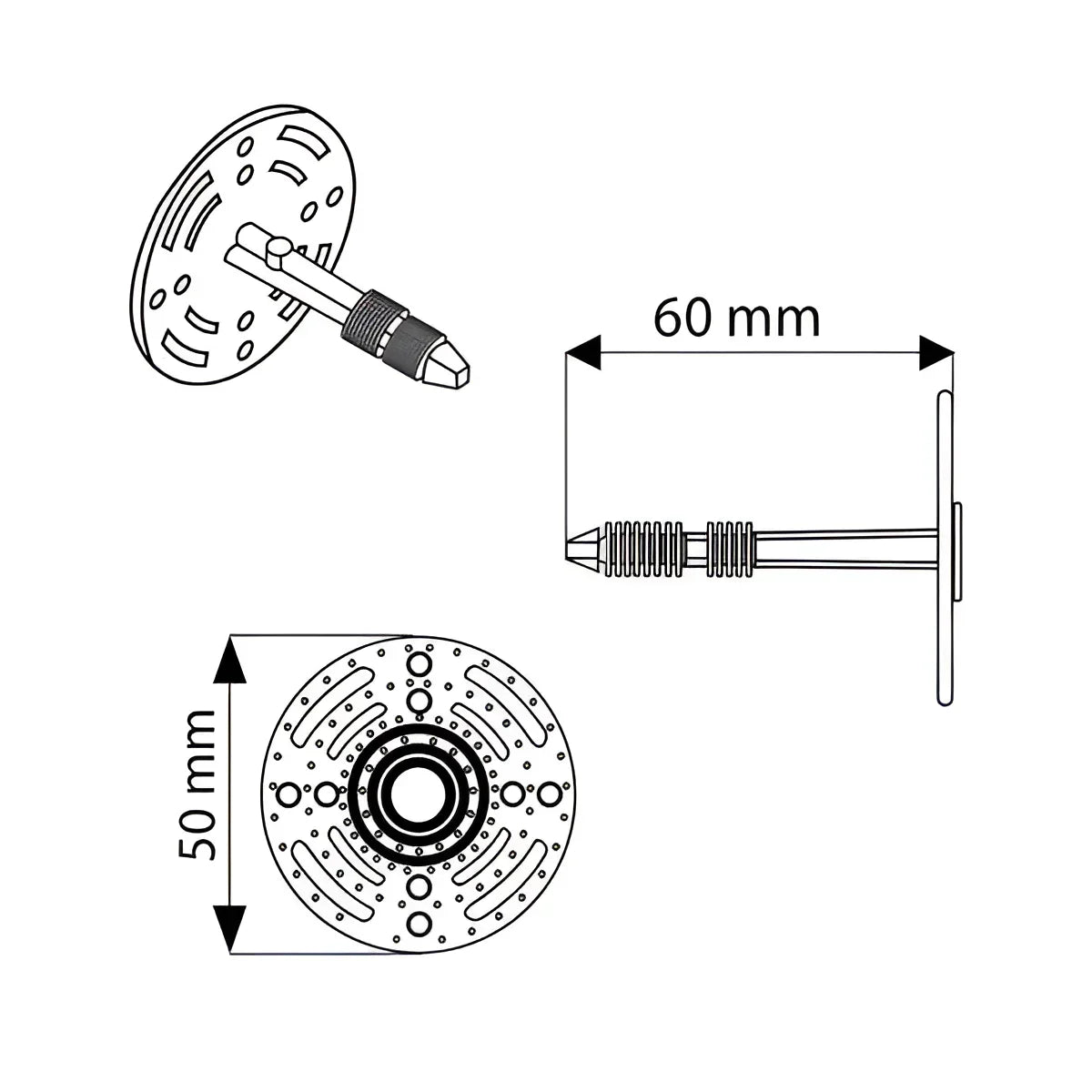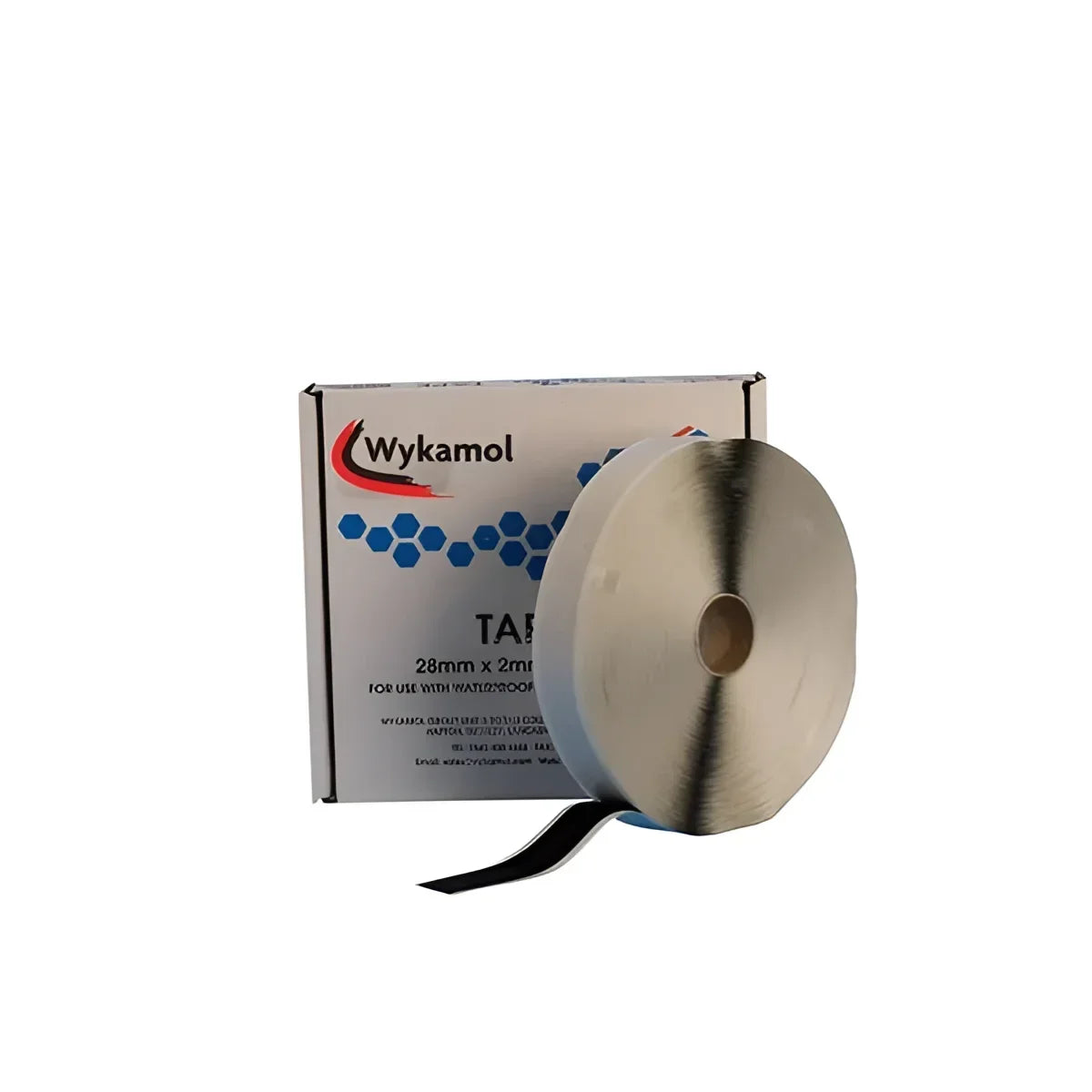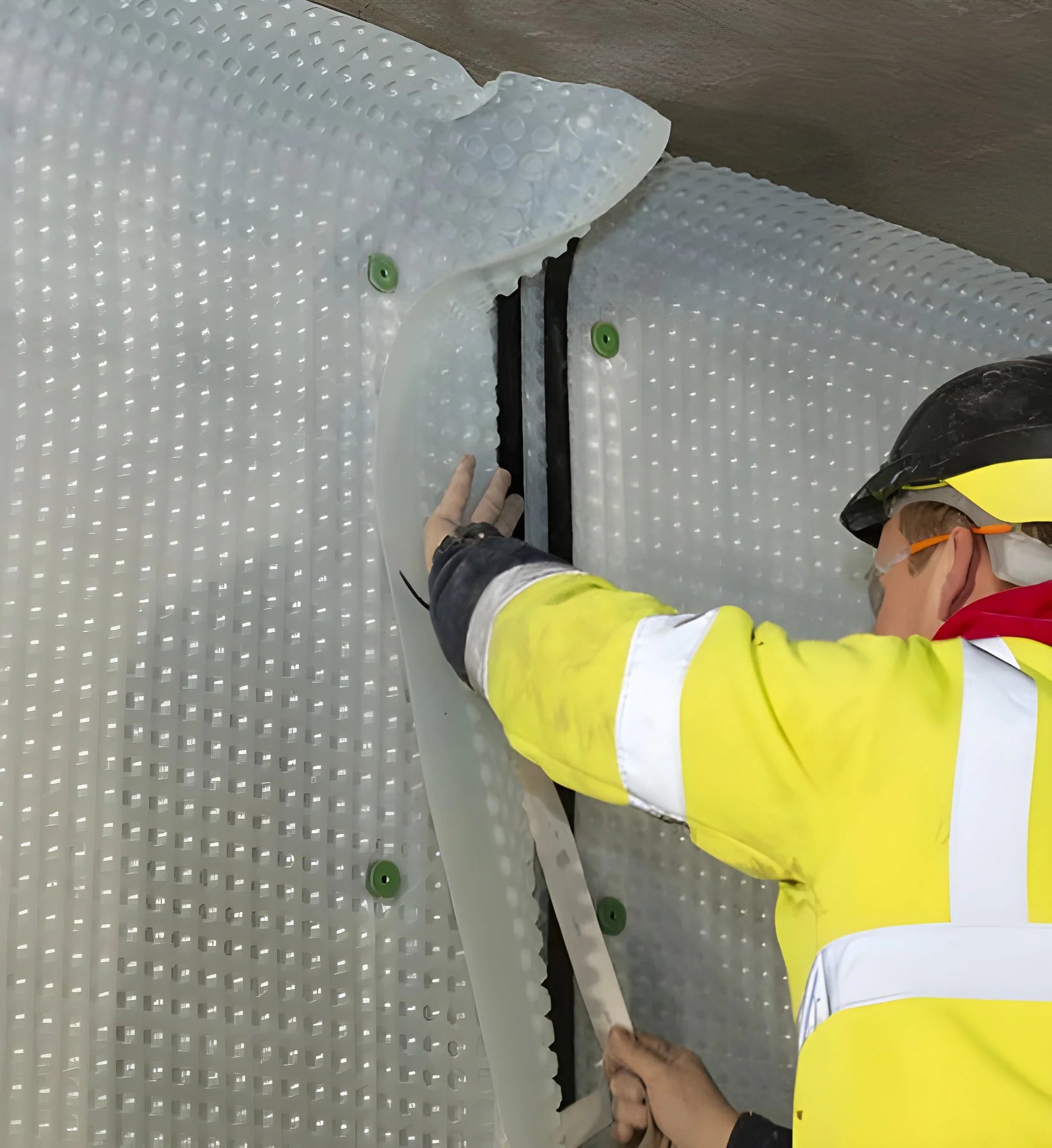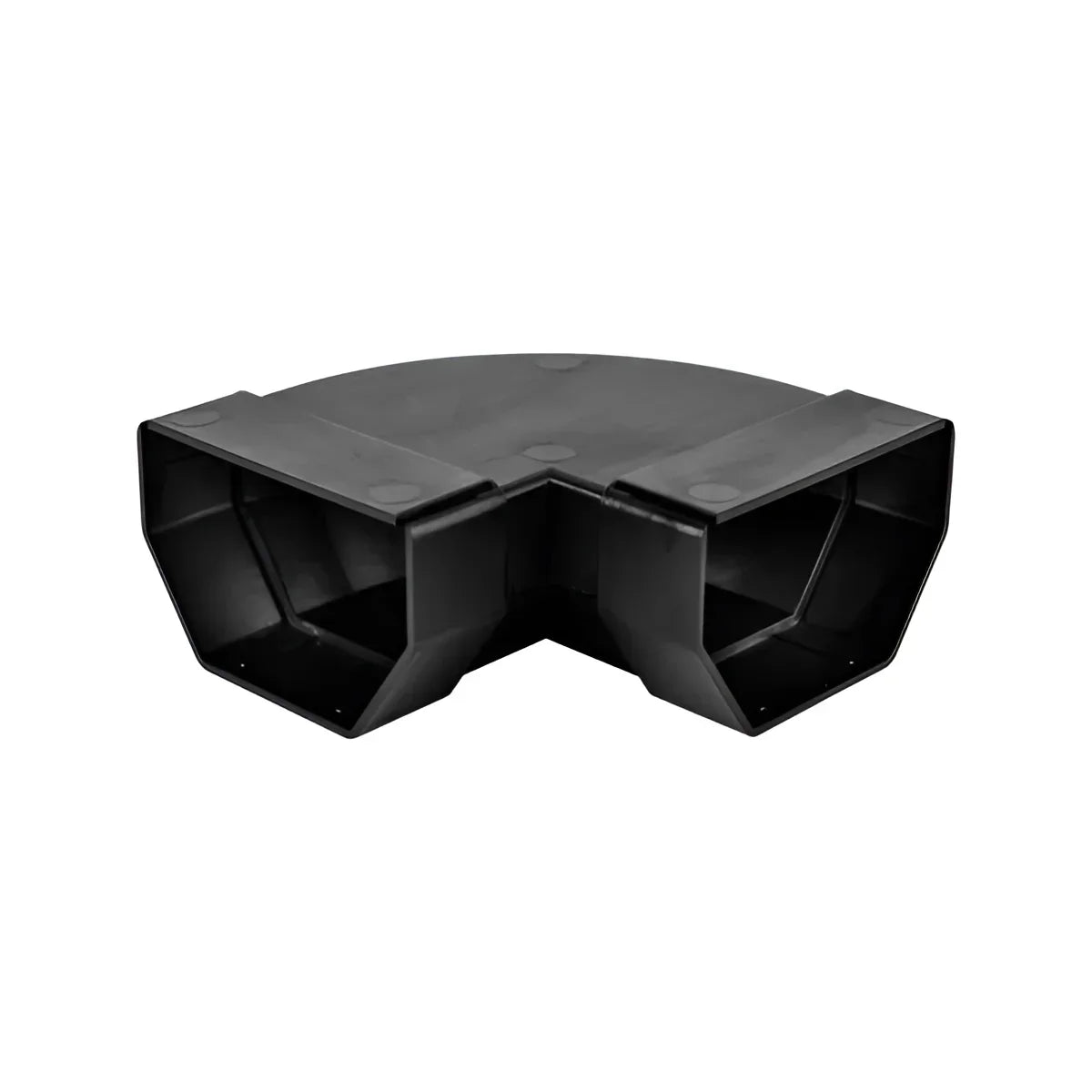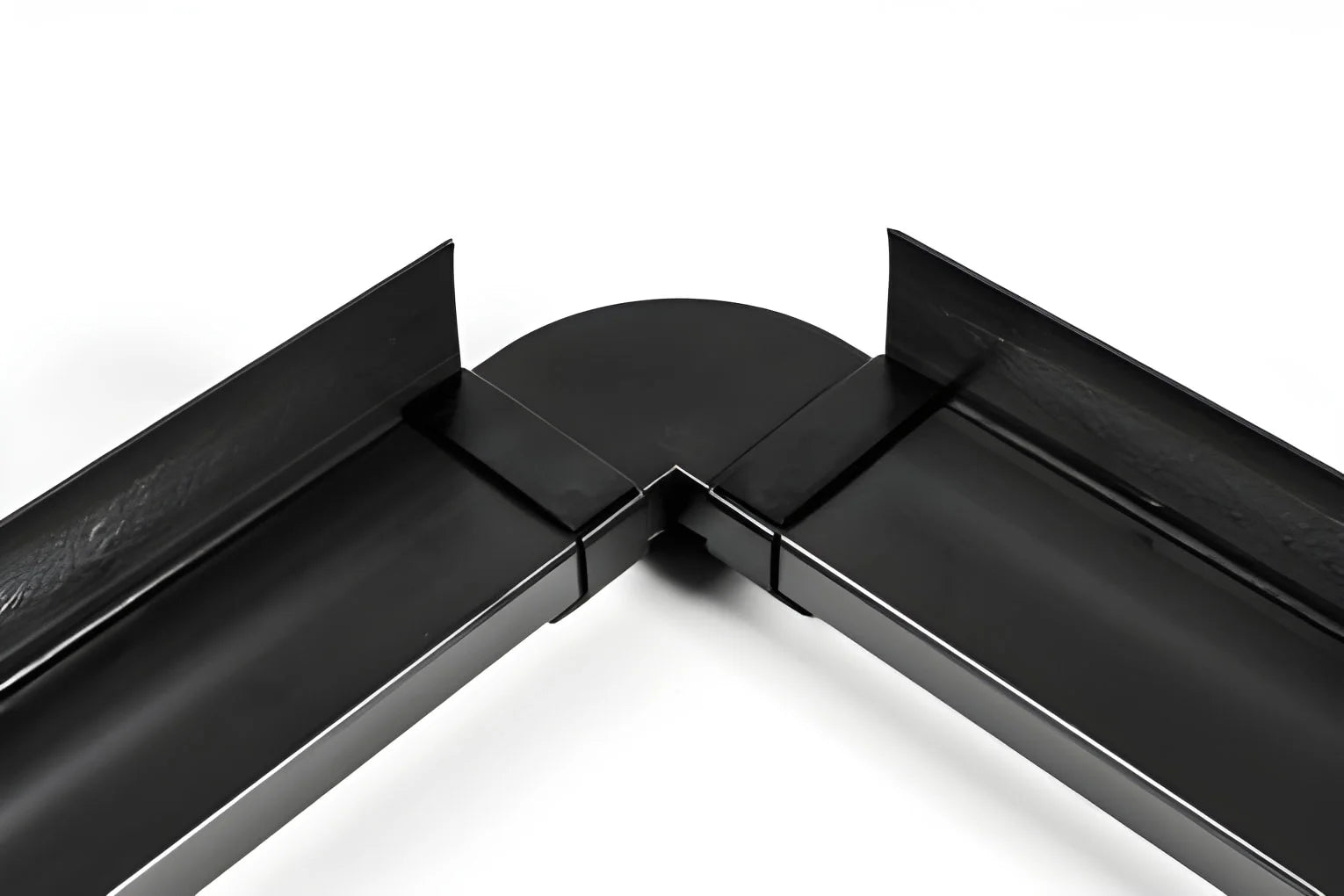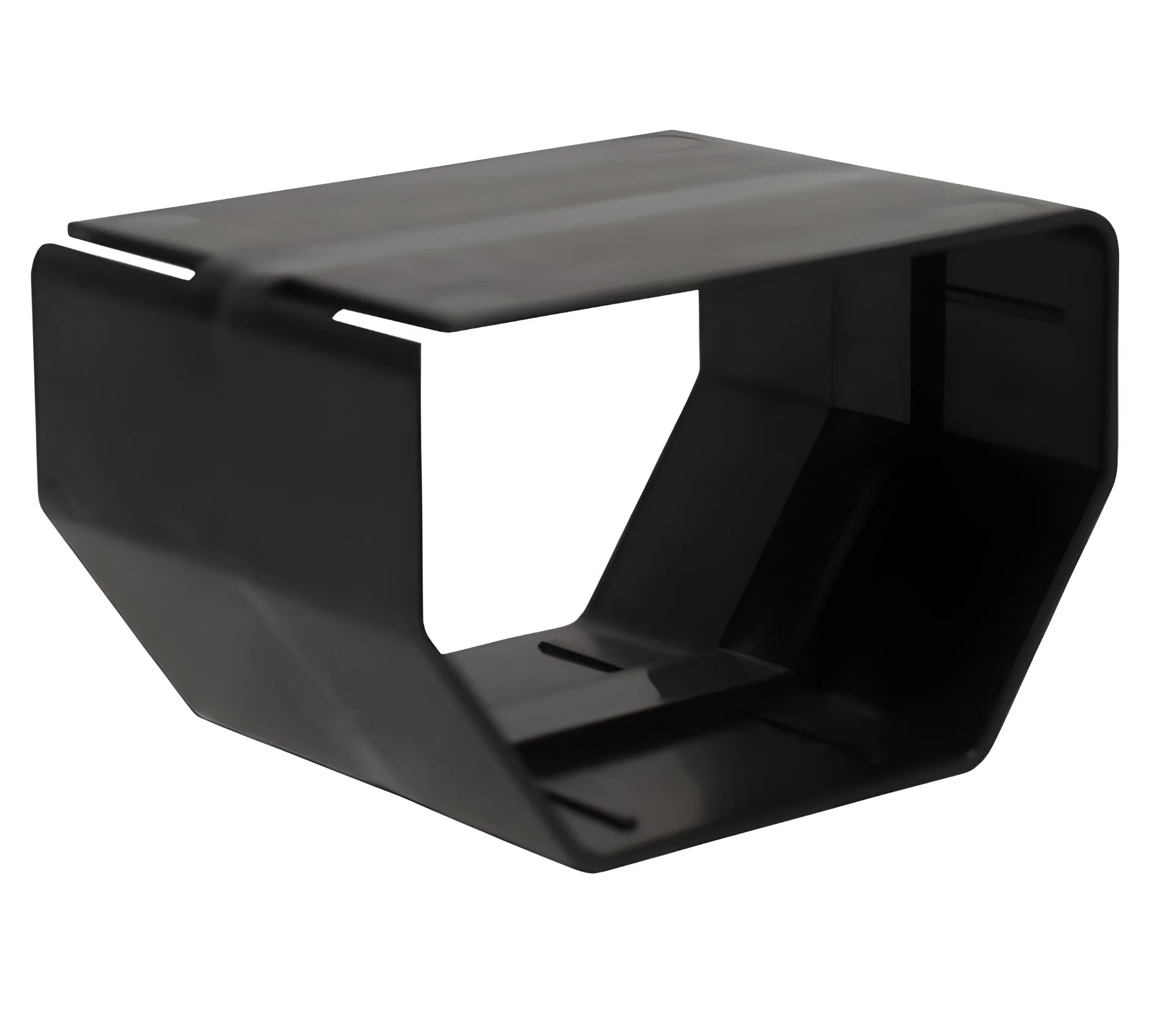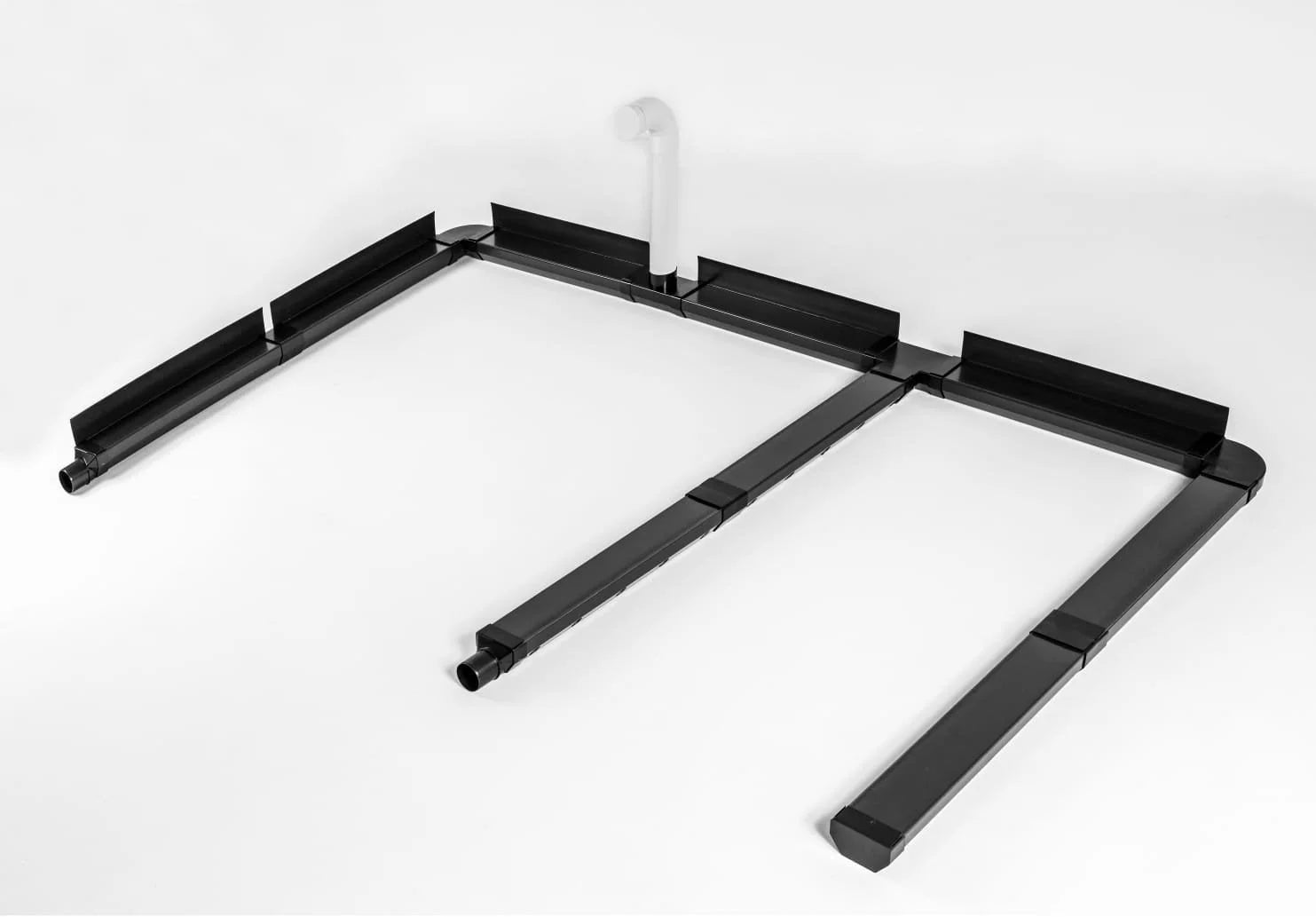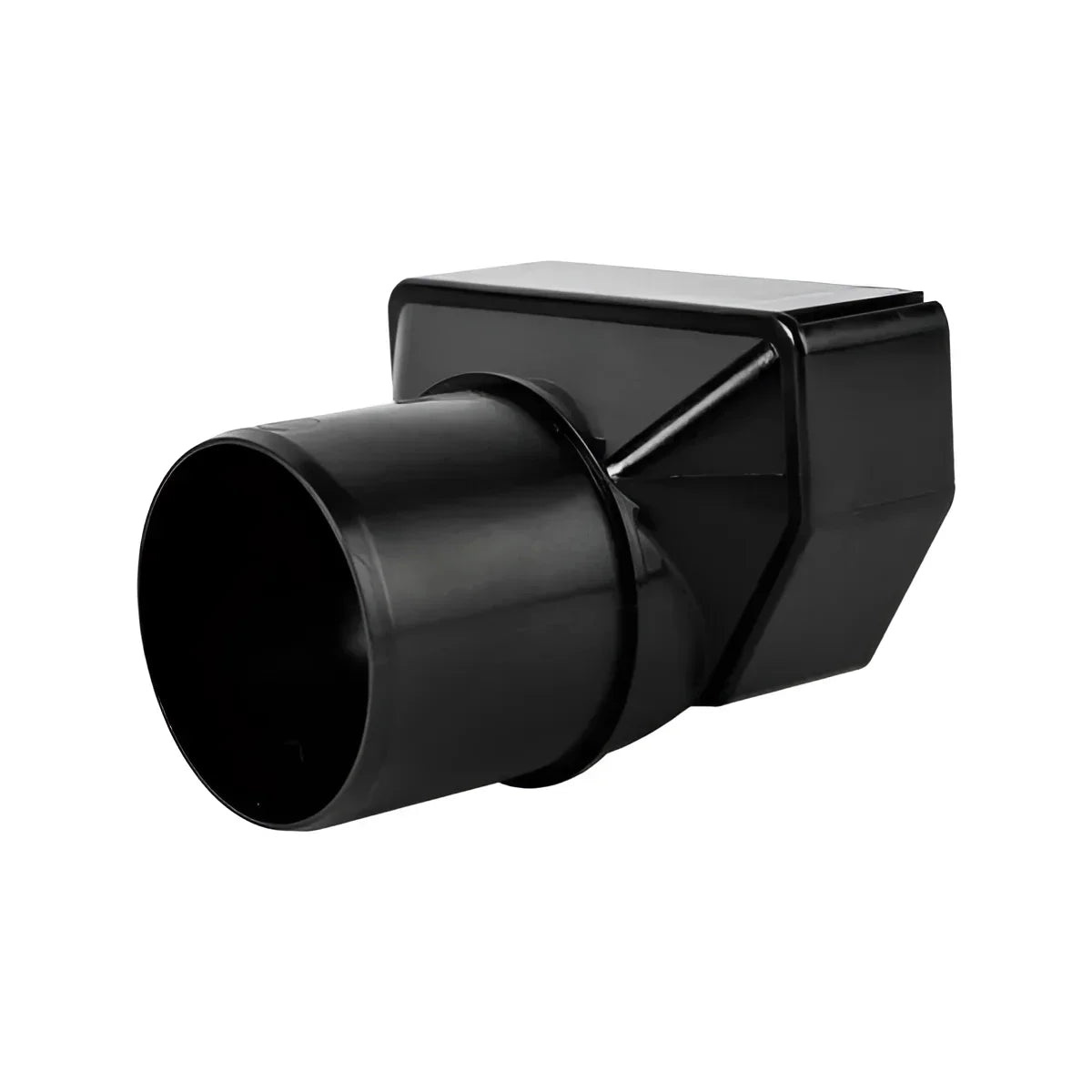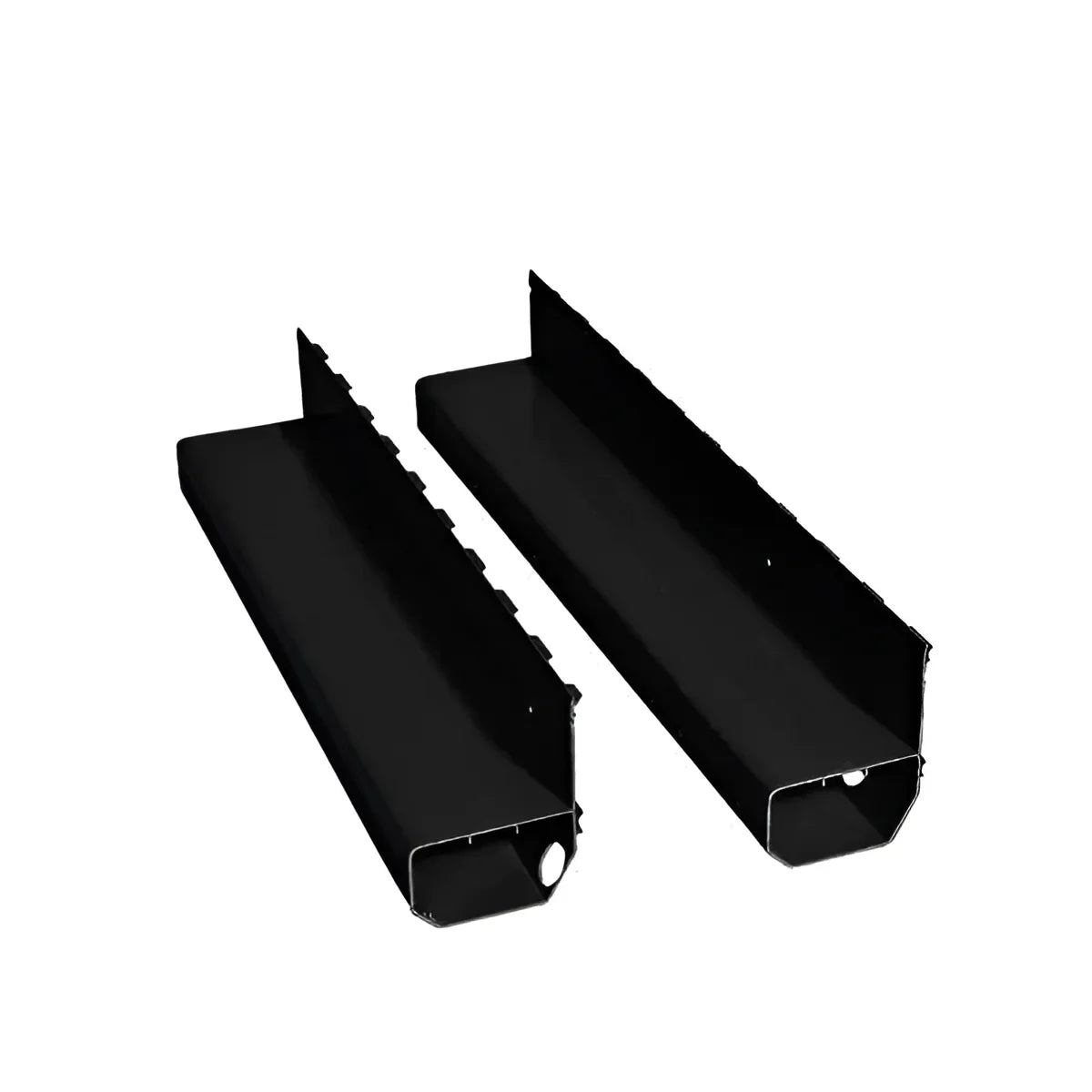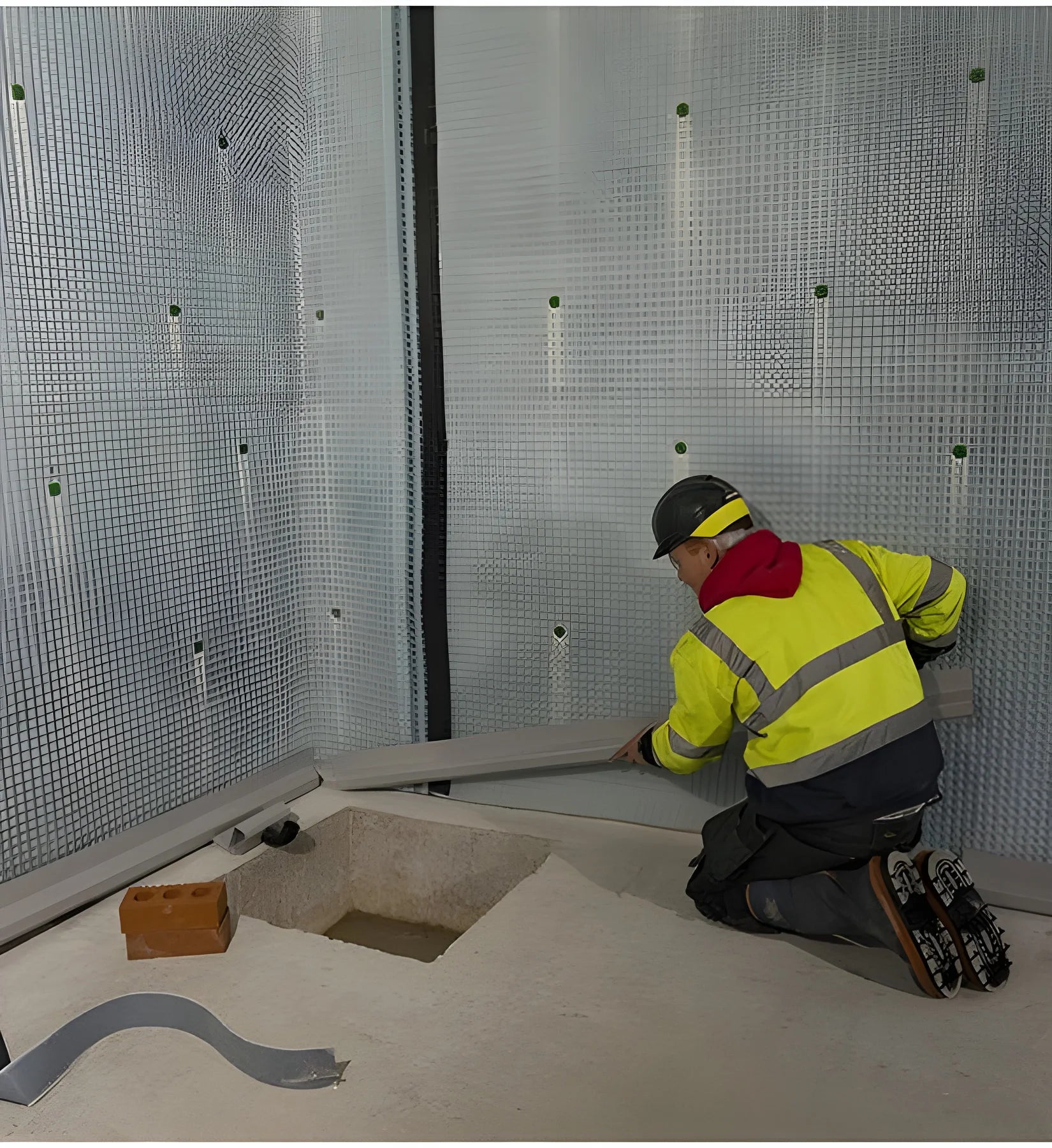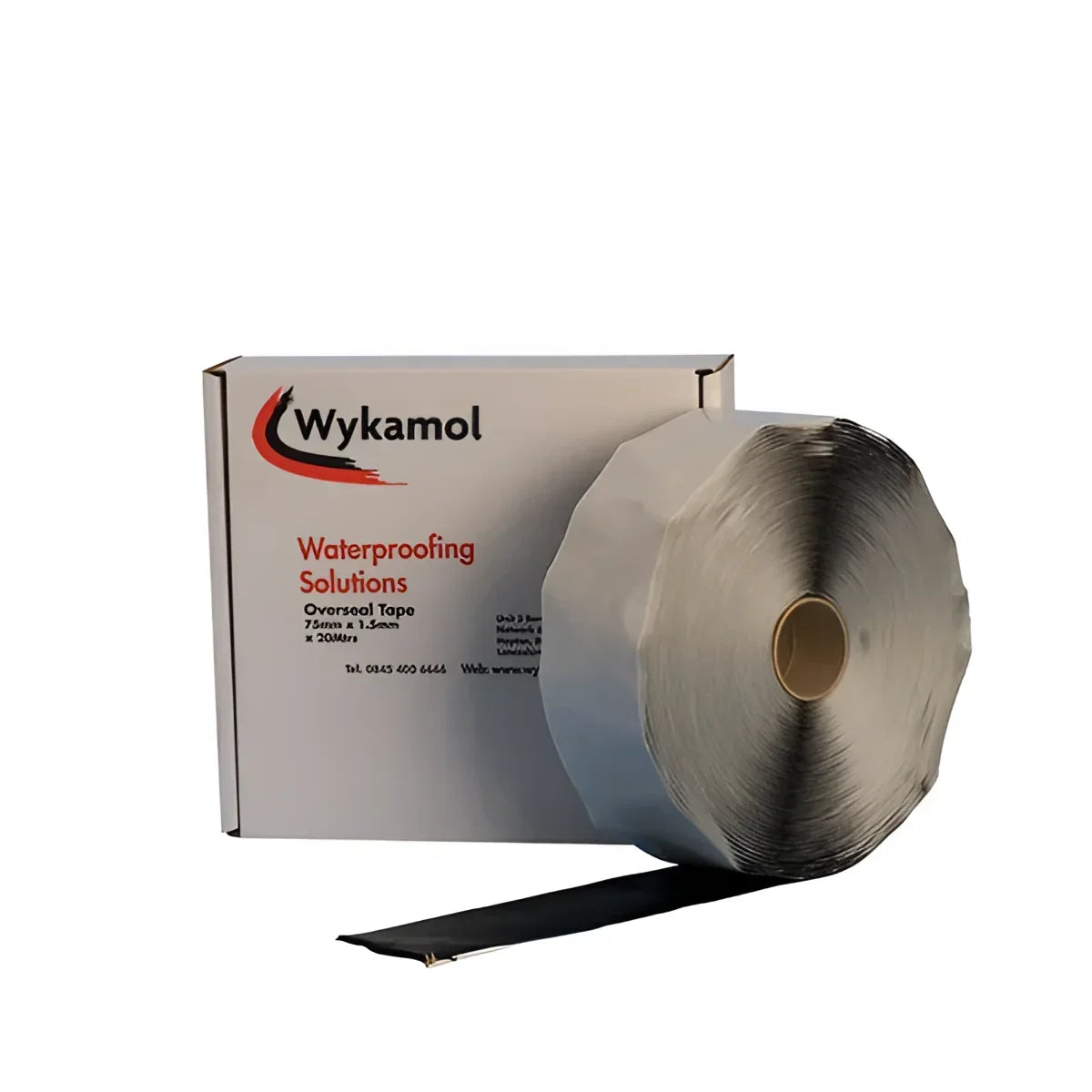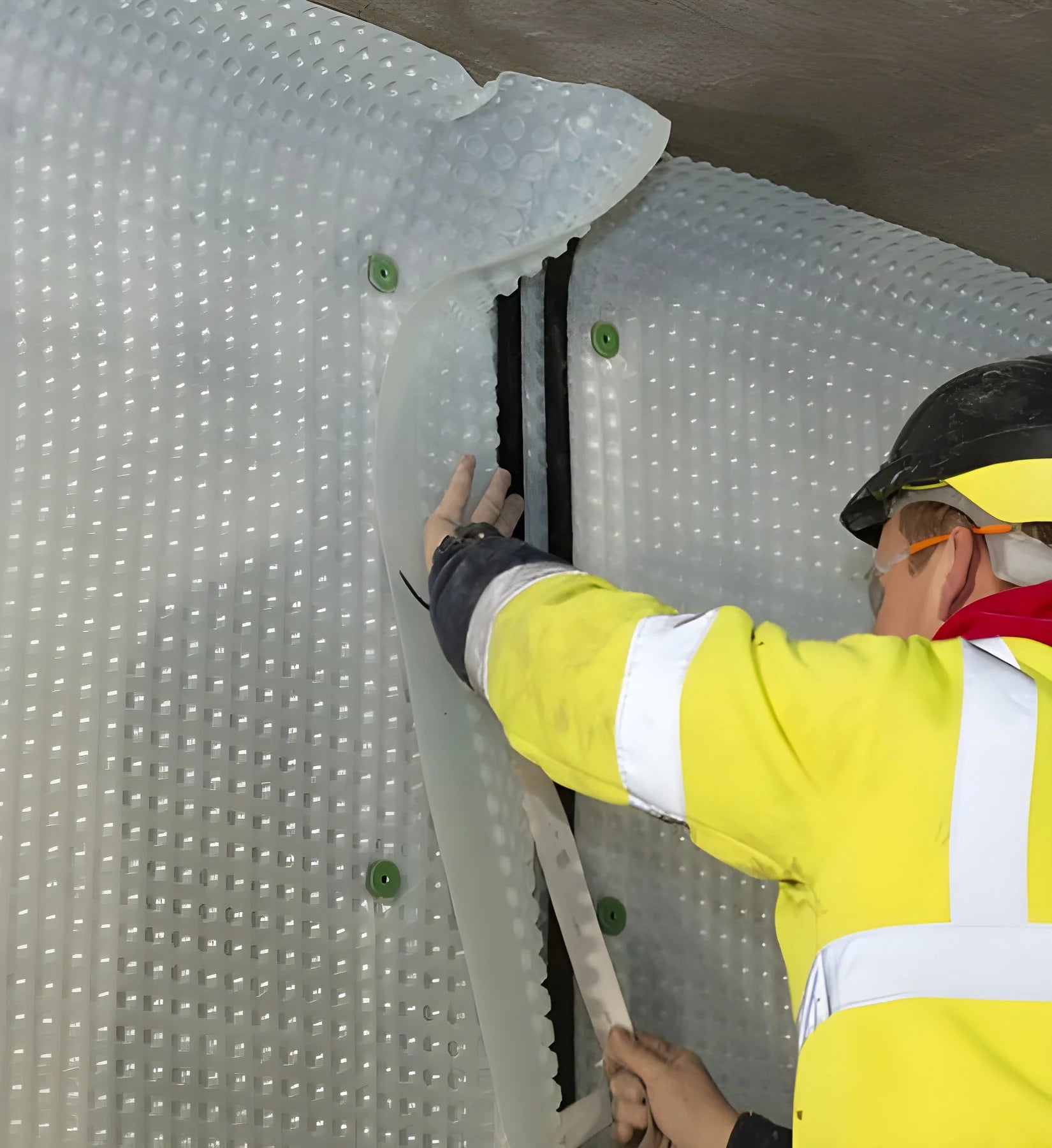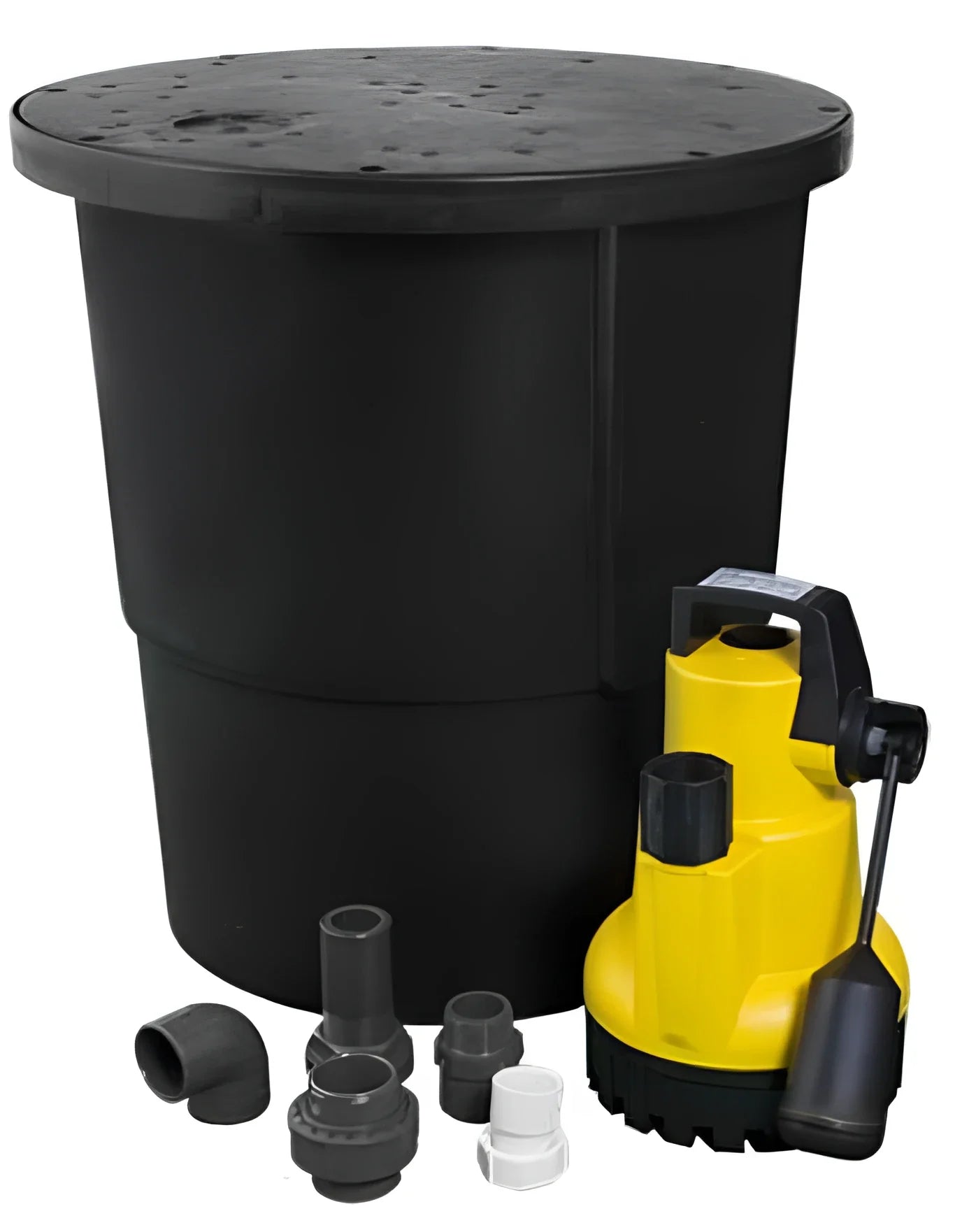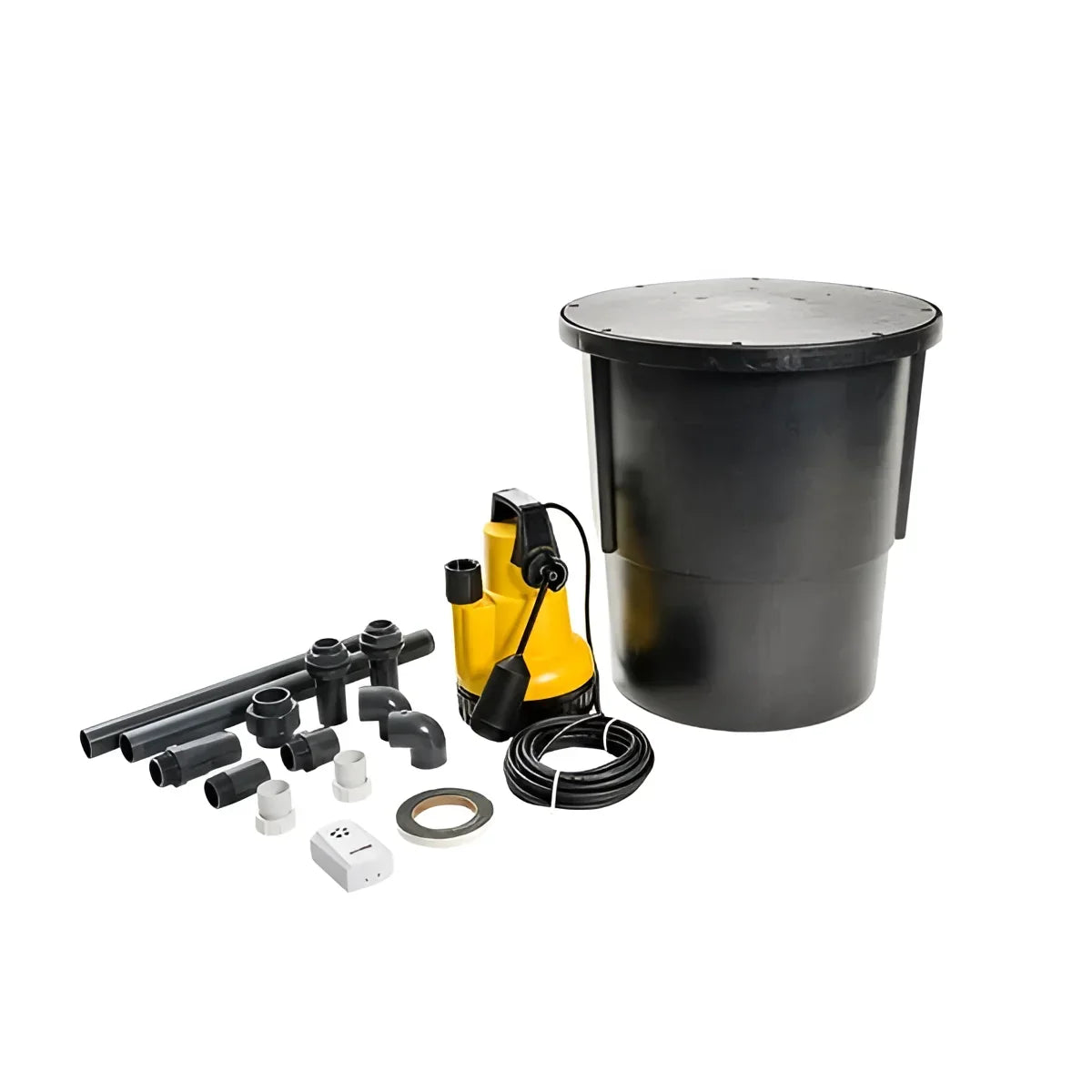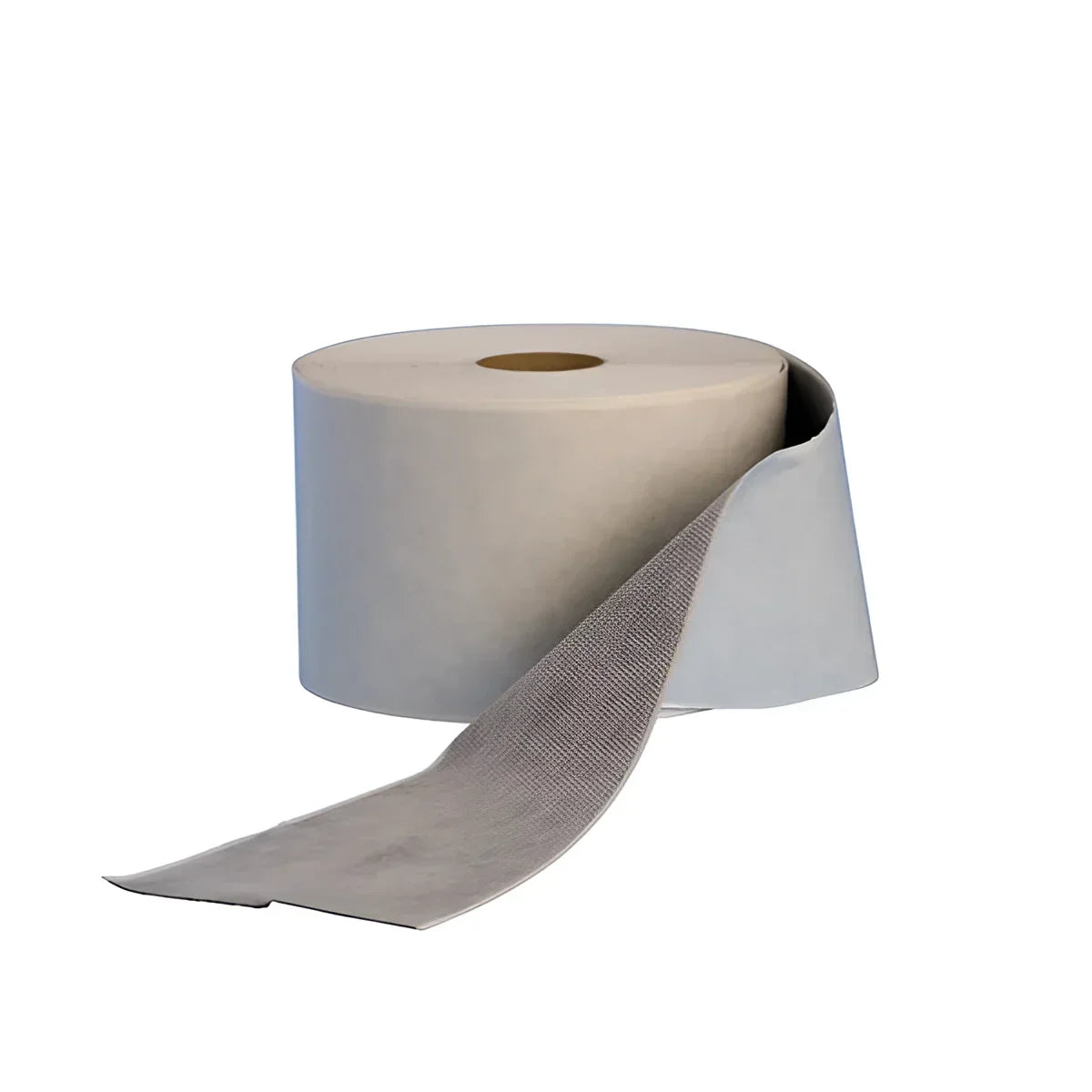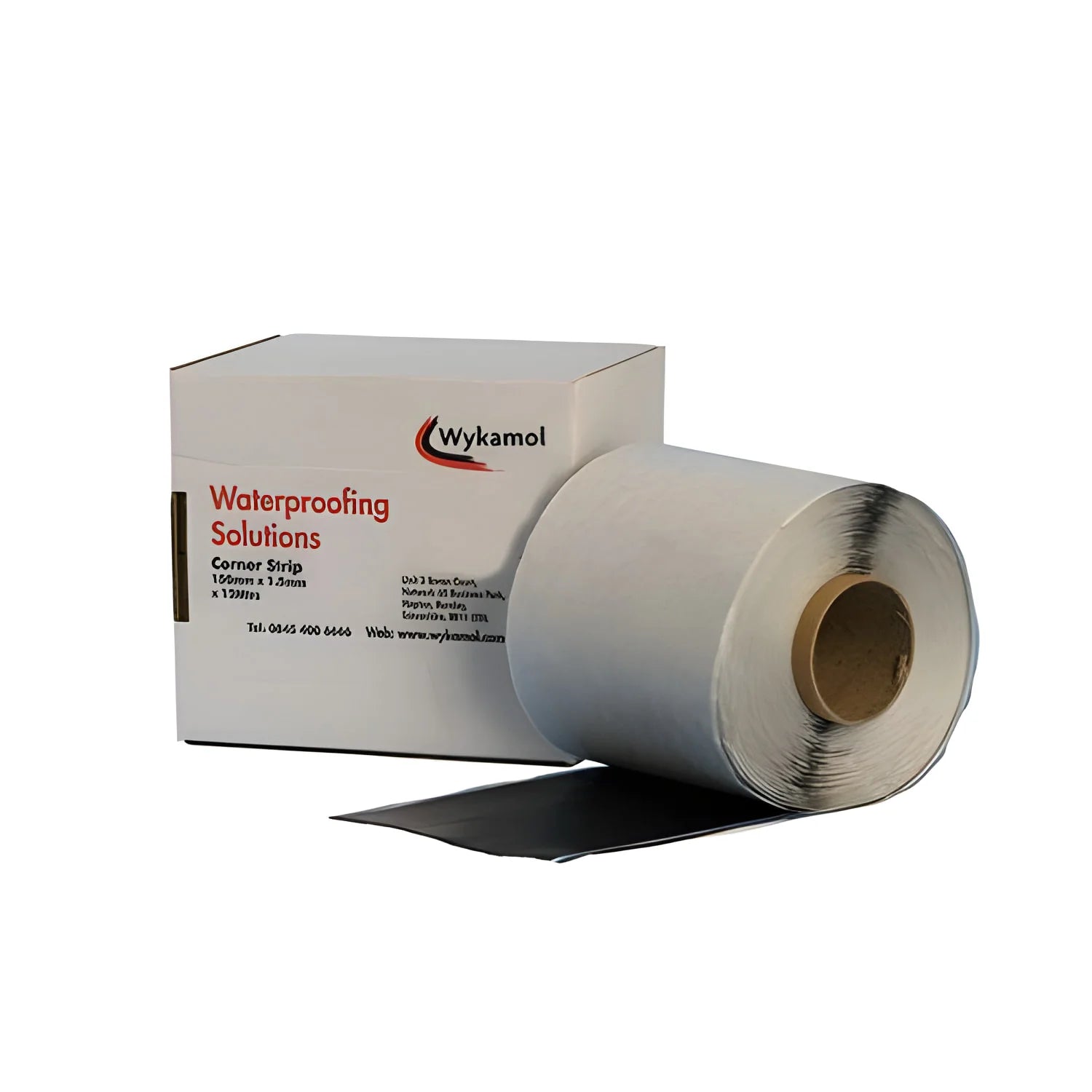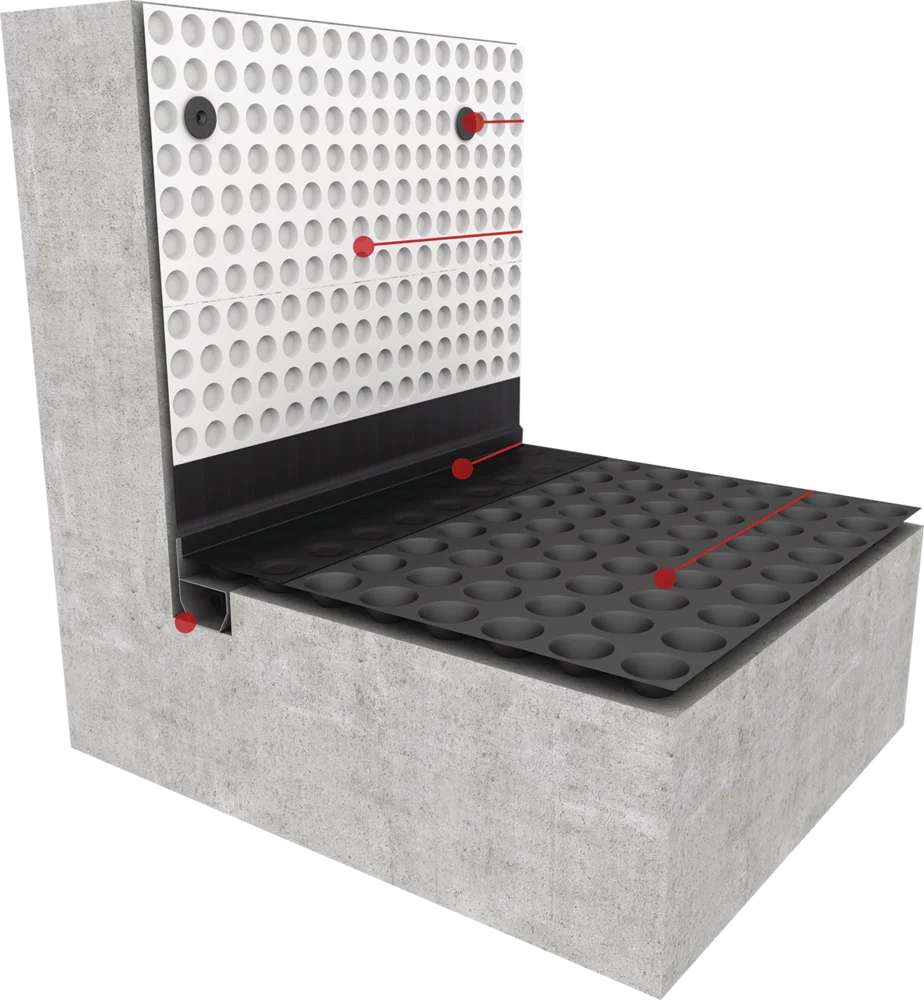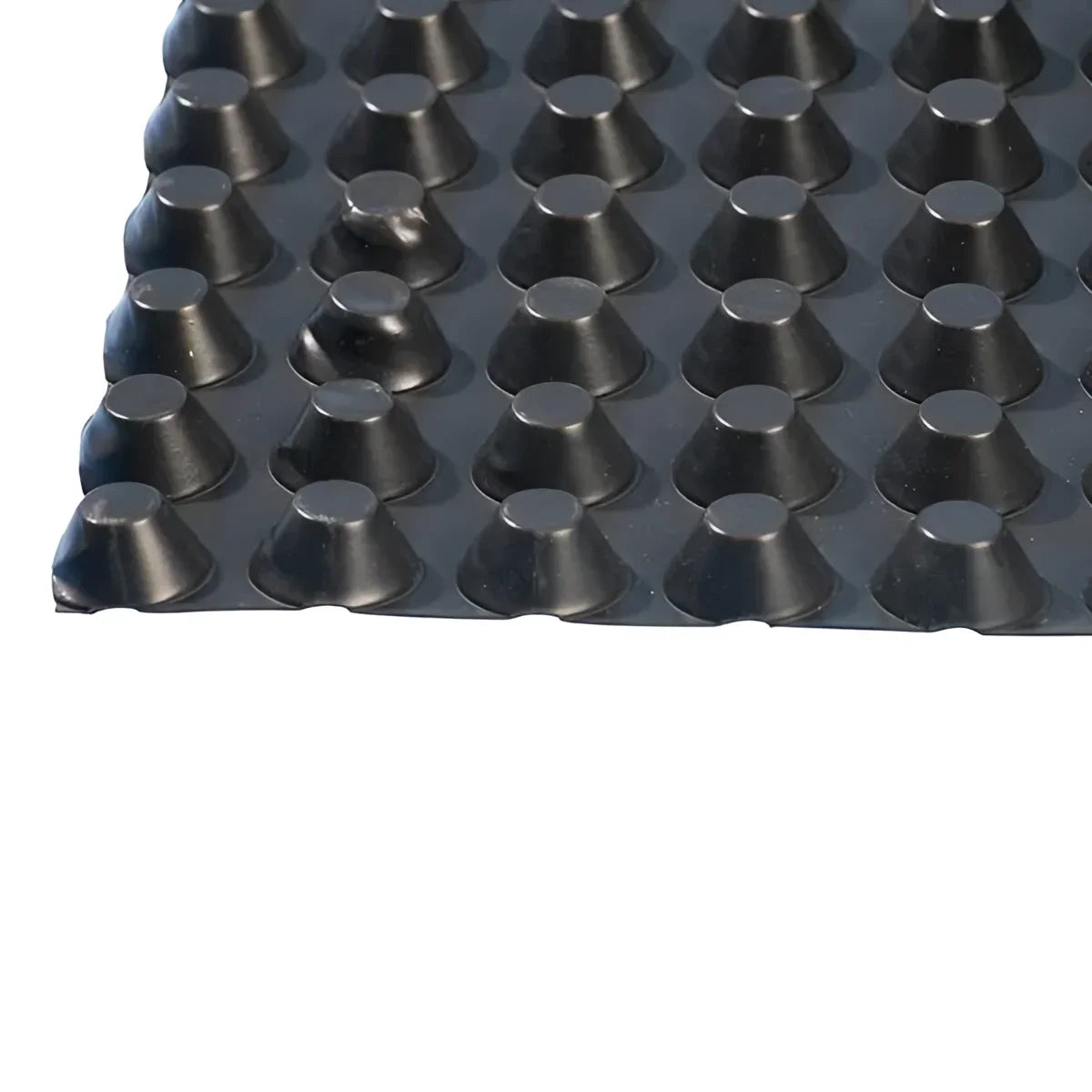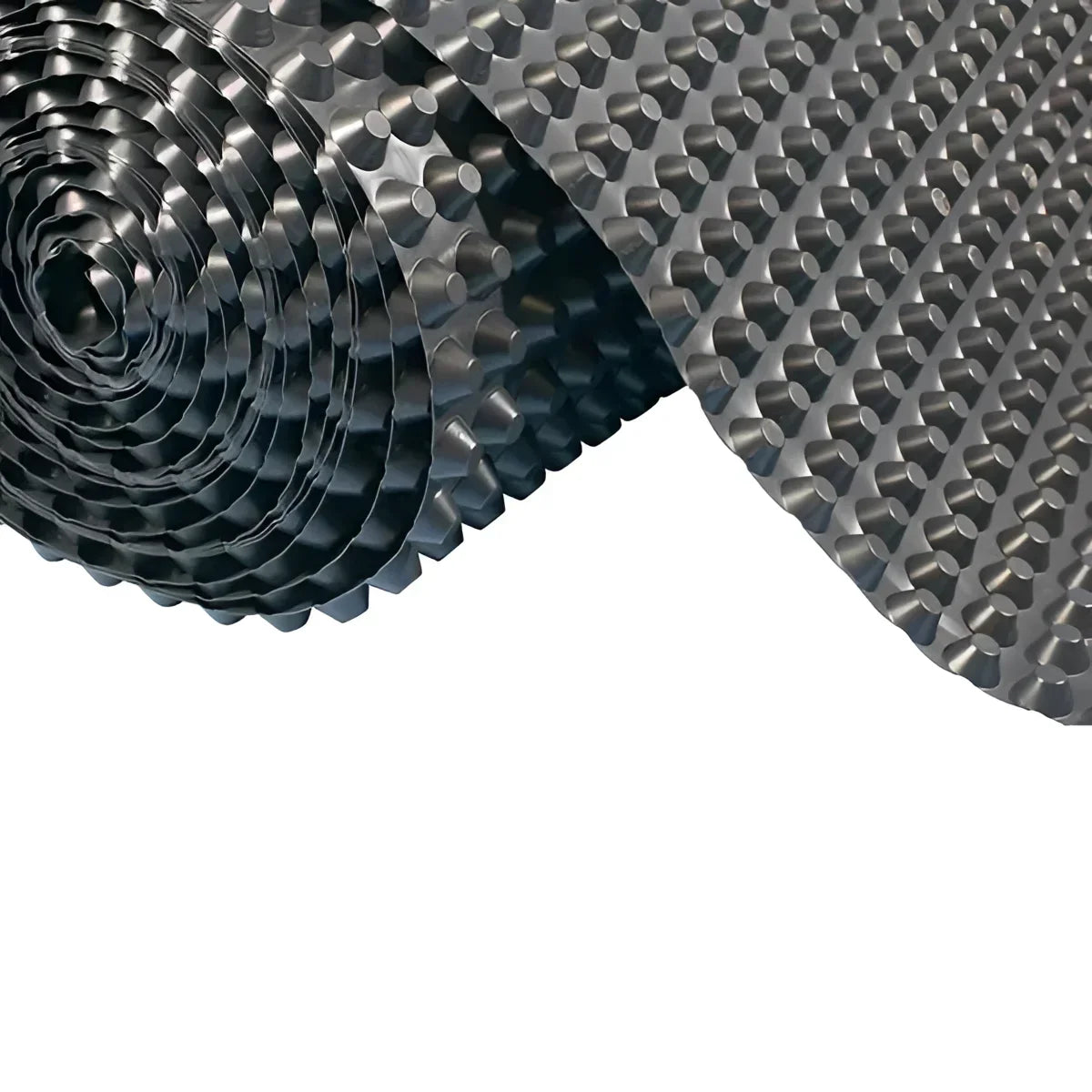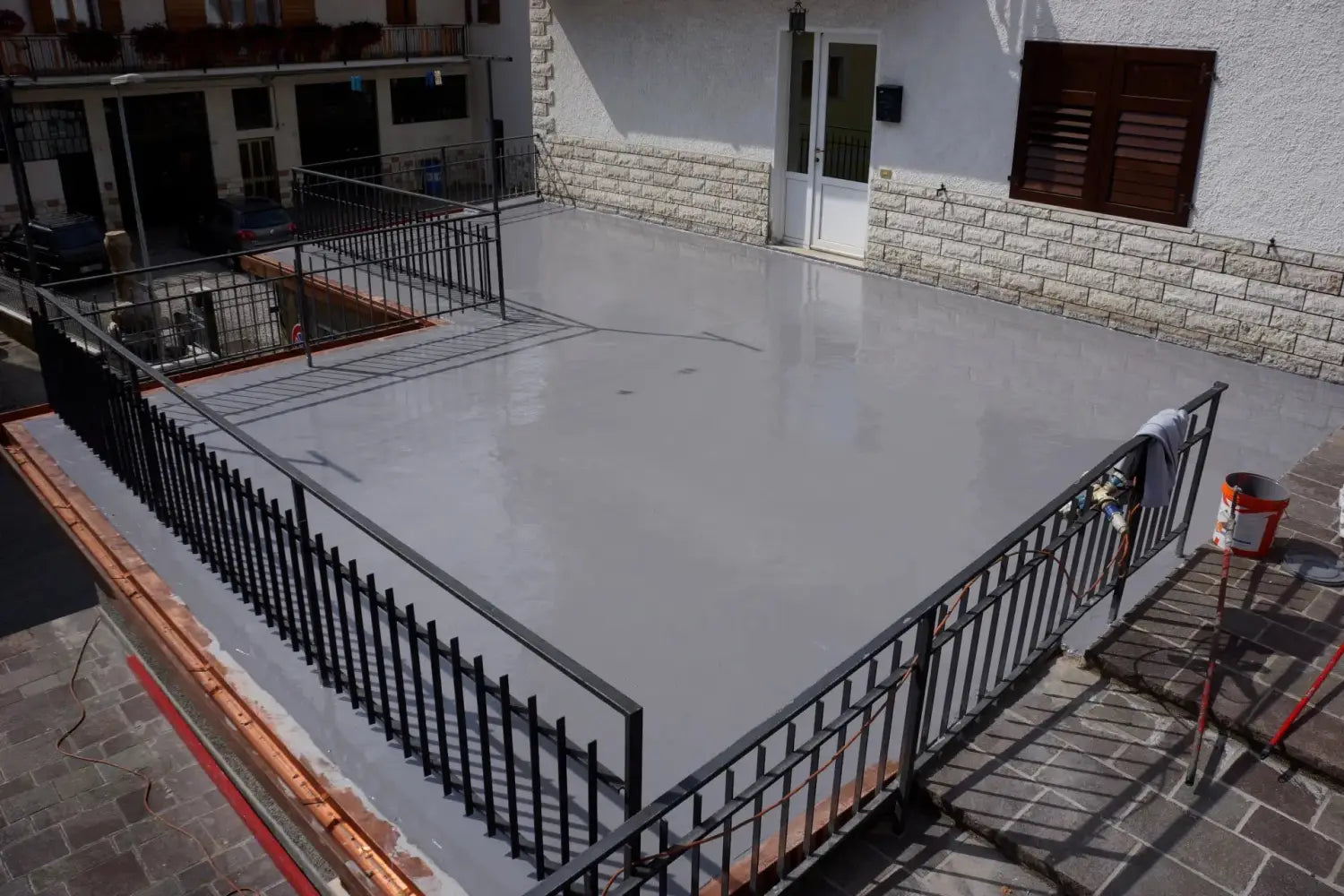
Breaking News - Winkler ONE is the first single component coloured liquid waterproofing roof membrane, specifically developed for applications under extreme conditions.
Infact we sell this product from Canada to Arab Emirates providing to the customer a solution in any weather conditions, doesn’t matter if the substrate is wet, thanks to its formula, ONE is able to evaporate the water also after the painting.
It is a fast curing product that resist at high and low temperature remaining stable at thermal shocks. It tolerates precipitations in a short period of time after its application.
Although not fully cured, the product is rain-proofed and after few hours from its application it is completely out of rain. The need of new products and solutions is detected and studied by the R&D personal, mainly trough a direct team work on the building sites.
How to waterproof a roof in cold and frozen temperatures
Winker - How to waterproof a roof
The average roofer loses approx. 30% of his potential yearly income because he cannot easily waterproof during wintertime
Problems waterproofing in cold weather?
When waterproofing a flat roof and choosing the appropriate product, many factors need to be taken into account; the intended use of the roof, shape, size, slope, substrate condition and more.
But even when all the above are set up correctly, there are two other factors that tend to be unpredictable and very hard to control.
We are talking about humidity and water, and more precisely when it turns into ice.
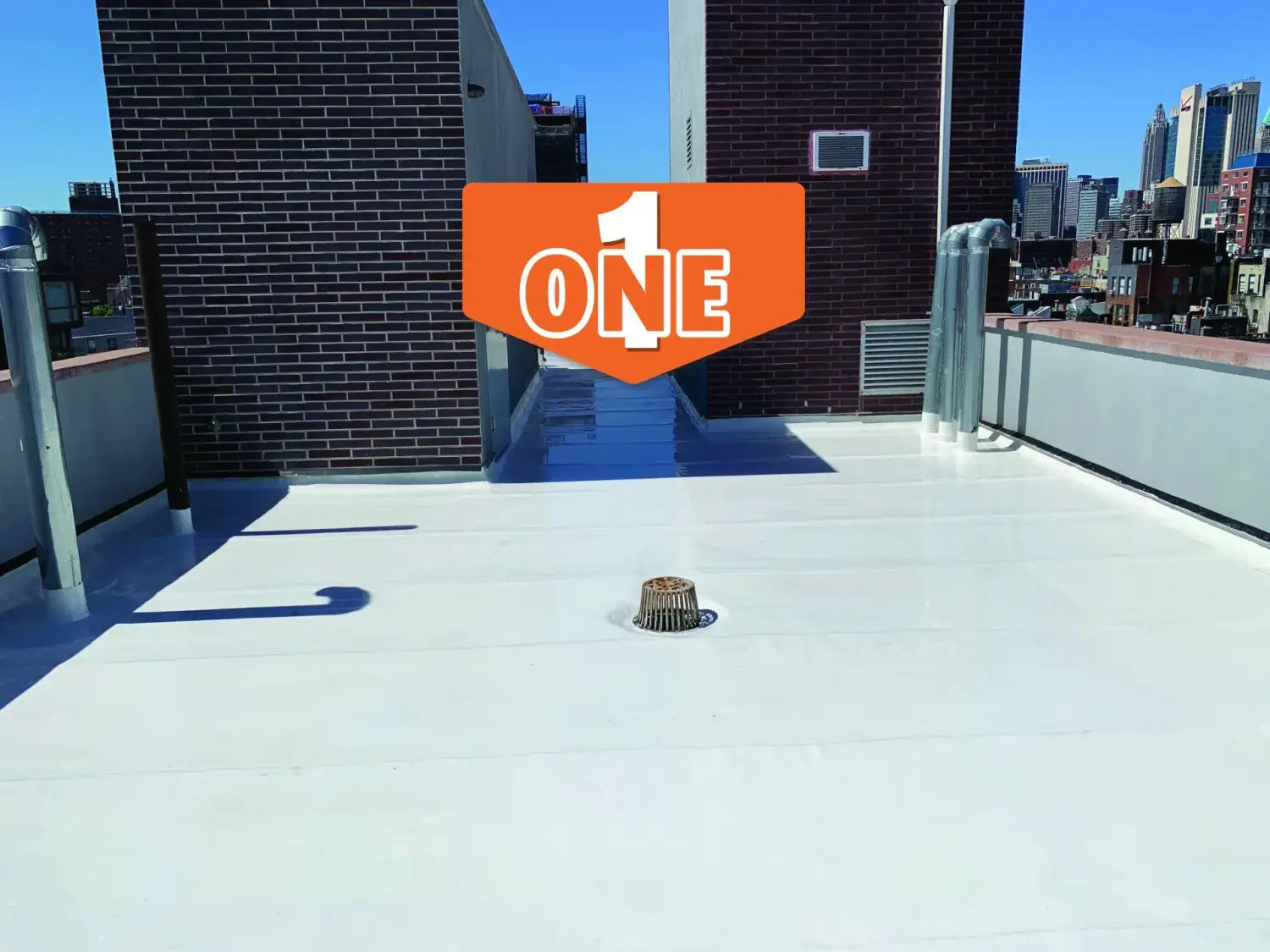
Many waterproofing membranes, even the most prestigious, need to be applied over a completely dry substrate or with a very low percentage of humidity.
This is for two main reasons:
- The ice and humidity in the substrate work as a detaching agent creating a “meniscus” between the waterproofing membrane and the substrate, preventing the product from correctly adhering to the substrate.
- The water trapped in the substrate can’t evaporate. It stays in the substrate creating molds and efflorescence that may appear on the ceiling of the floor below. Moreover, in case of reinforced structures, it may speed up the corrosion process of the reinforcing bars.
What about with temperatures close to 0º C?
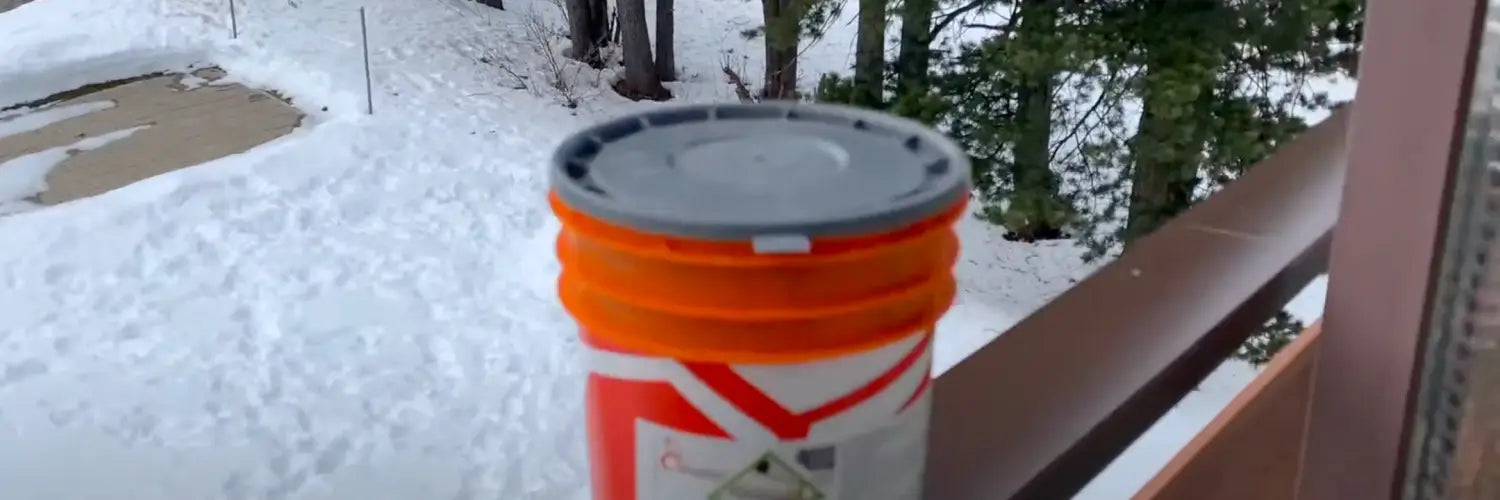
When temperatures are low, what’s mentioned above is still valid, but other factors need to be taken into consideration.
- The humidity will never evaporate if the temperature is very low. This means that in some areas it is impossible to waterproof a roof during certain periods of the year.
- Commonly used water-based waterproofing liquid membranes, reduce their workability or even risk freezing.
- Widely used bitumen membranes can’t be applied with low temperatures, as their elasticity is highly reduced.
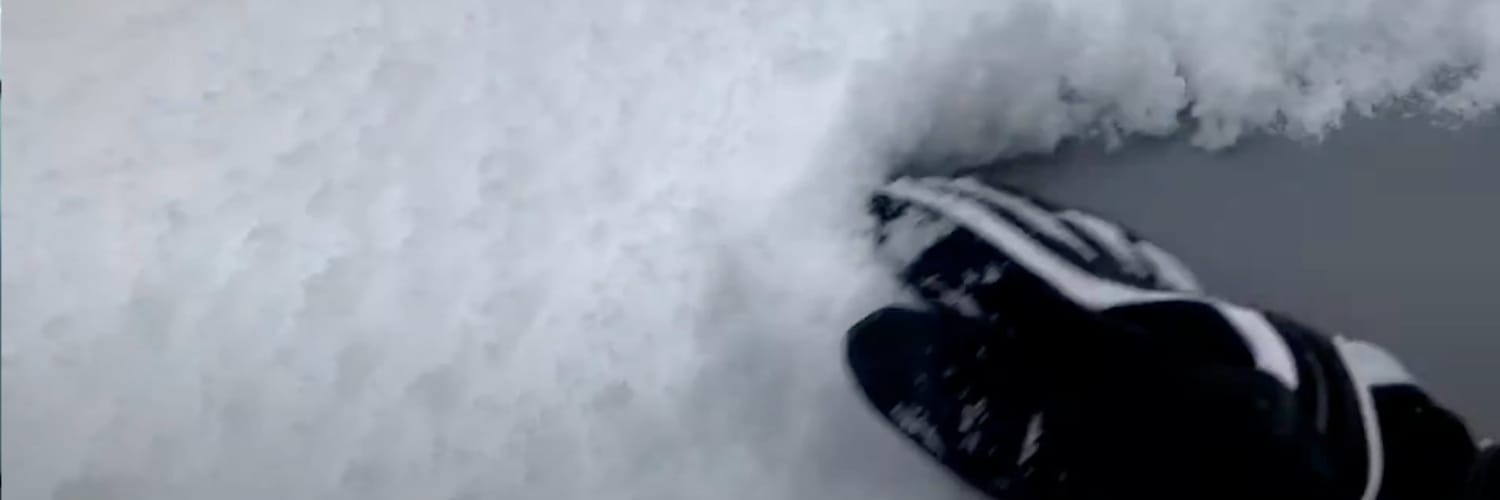
The solution: Winkler One, an innovative waterproofing liquid membrane applicable in cold weather
So, how to waterproof a flat roof in cold and frozen temperatures?
Among the many waterproofing liquid membranes currently available on the market, Winkler One has unique features that make it the perfect solution for most kinds of extreme conditions
Winkler One consists of a mix of 100% hybrid resins, giving the product some outstanding features such as:
- High adaptability to humid or even wet surfaces
- High workability even at 0°C (32F)
- High breathability, this means that the humidity in the substrate can evaporate even after the product has cured
Winkler ONE application under very extreme conditions:
Features
- Ready to use
- Long Pot Life
- VOC Zero
- No Primer Needed
- UV Rays
- Water stagnation
- Applicable on Metal
- Applicable in wet condition
- Applicable in extreme conditions
- (0ºC or 32ºF and rising)
Application:
- Brush
- Flat trowel
- Short haired roller
- Airless spray gun
Can be Applied to
- Flat roofs
- Metal roofs recover
- Balconies or decks
- Areas with moisture damages, including those with foot traffic
- Concrete
- Green concrete (cured at least 7 days at minimum +15ºC - 59°F)
- Concrete blocks
- Masonry
- Fibered-cement boards
- Ceramic tiled surfaces
- Asphalt shingles
- BUR cap sheets or modified bituminous membranes (oxidized minimum 180 days if smooth)
- Plywood
- Wood
- Metal

